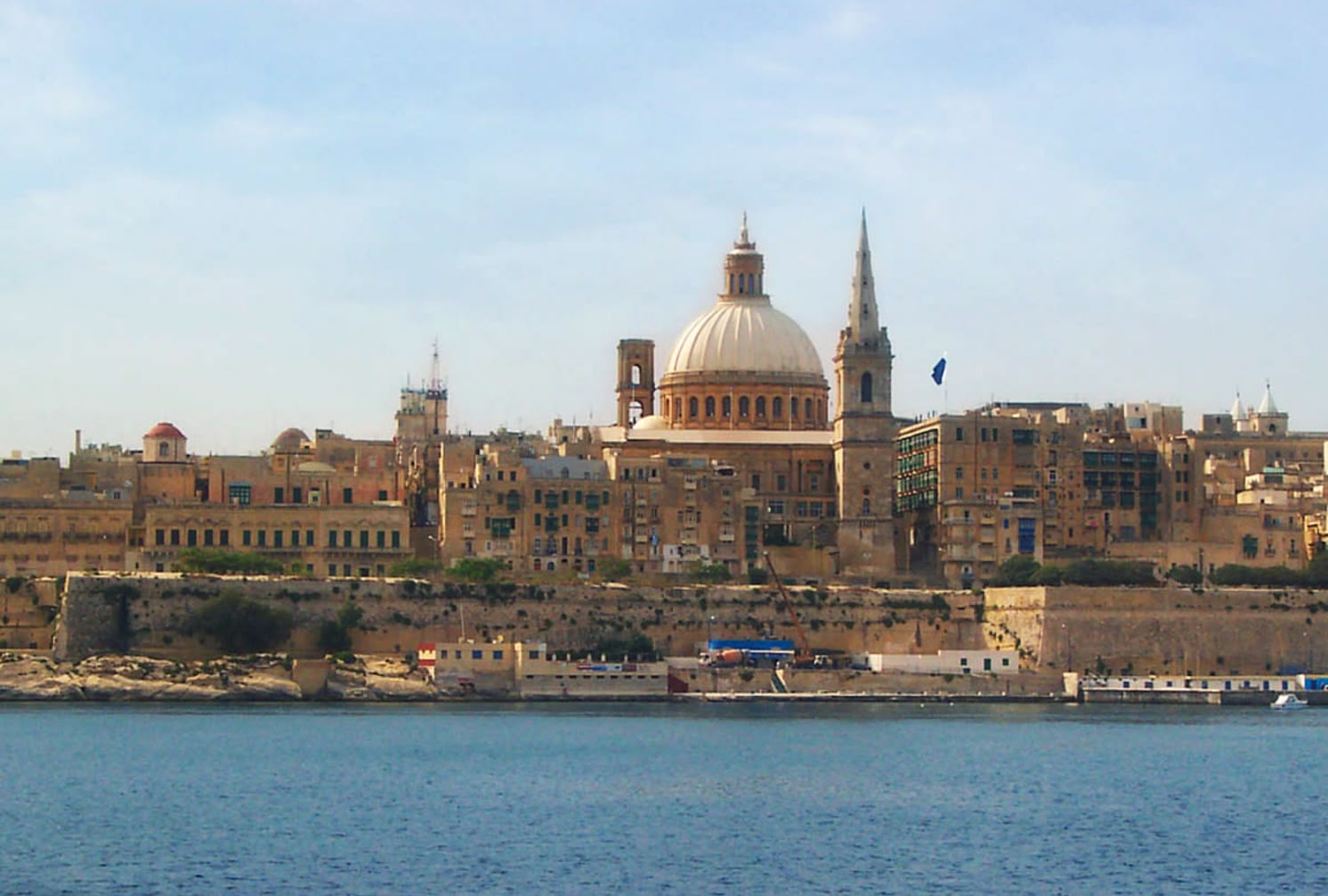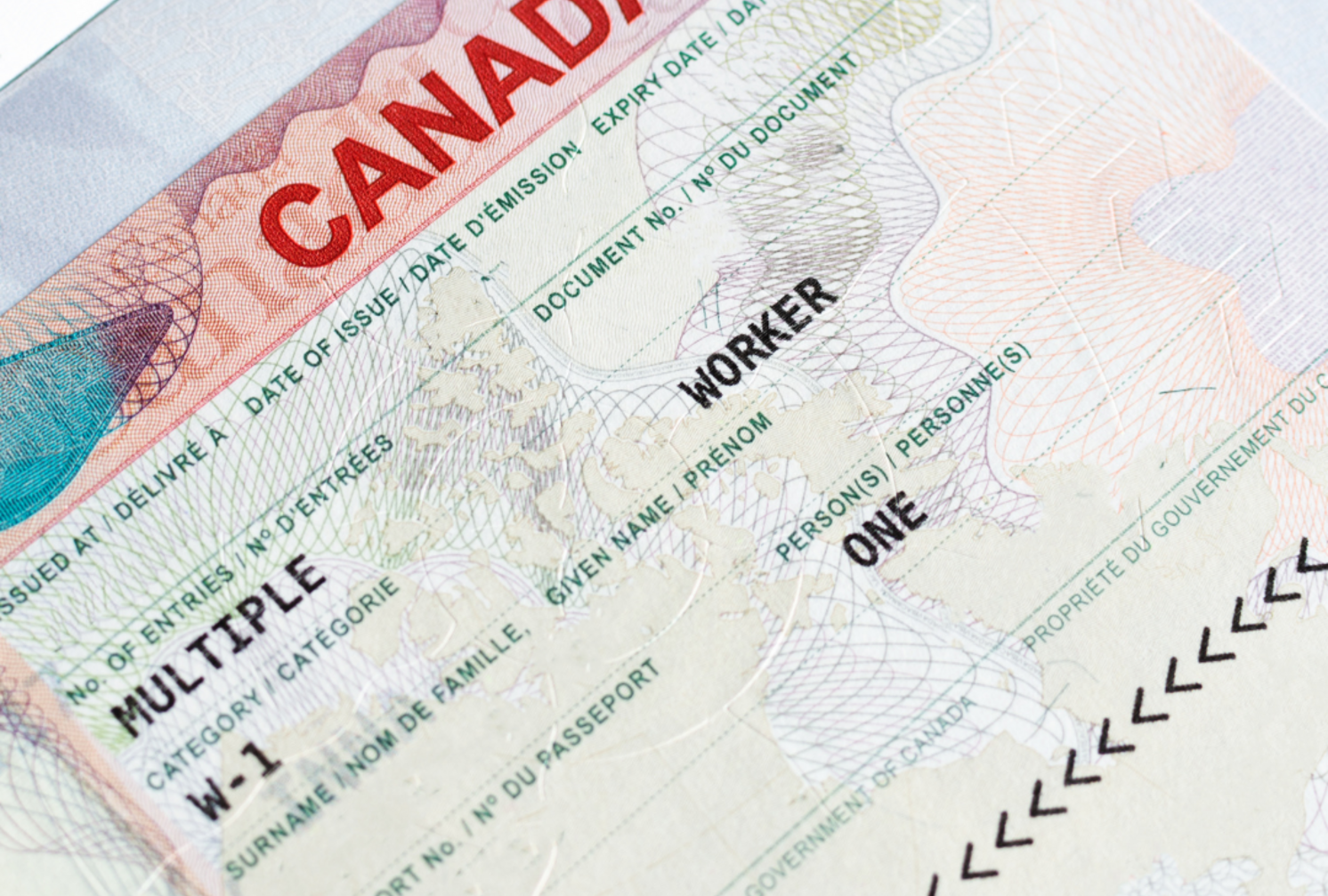
Working in Malta things you should know

In addition to being a well-liked tourist destination in the middle of the Mediterranean Sea, Malta is also quickly becoming a top destination for foreign professionals looking for job opportunities. This small island nation offers a distinctive combination of work and lifestyle advantages that entices people from all over the world with its beautiful landscapes, rich history, and expanding economy. In this article, we'll look at what makes working in Malta appealing for people who want to advance their careers while leading fulfilling lives.
Your Malta Language trip
Discover the beautiful Mediterranean island on your language study trip to Malta!
The Maltese Economy: A Growing Hub
Malta's economic landscape has witnessed remarkable growth in recent years, solidifying its status as a thriving economic hub. The nation's strategic location in the Mediterranean has attracted substantial foreign investments, transforming it into a magnet for diverse industries. This economic vigor can be attributed to:
- Political Stability: Malta boasts a stable political environment that fosters investor confidence and economic growth.
- Pro-Business Government: The Maltese government actively promotes business-friendly policies, making it easier for companies to establish and operate in the country.
Job Market and opportunities:
Malta's job market is dynamic and diverse, catering to professionals with a wide range of skills and experiences. English, one of the official languages, eliminates language barriers in the workplace, making it accessible for international job seekers. Key sectors and job opportunities include:
- Financial Services: Malta's financial sector, including banking, insurance, and fintech, is flourishing, offering numerous roles for financial professionals.
- Gaming Industry: Malta is a gaming industry hub with numerous global companies operating on the island, providing opportunities in various roles, from game development to marketing.
- Technology Sector: The tech industry is on the rise, creating jobs for IT professionals, software developers, and engineers.
- Tourism: Malta's vibrant tourism industry offers employment in hospitality, entertainment, and customer service.
Quality of Life
Beyond career prospects, Malta offers an exceptional quality of life that complements its professional appeal:
- Mediterranean Climate: The Mediterranean climate guarantees mild winters and warm summers, ideal for outdoor activities year-round.
- Natural Beauty: Malta boasts stunning beaches, clear waters, and a rich cultural heritage, including ancient temples and historic cities like Valletta.
- Lifestyle and Entertainment: The Maltese archipelago hosts various festivals, events, and a vibrant nightlife, ensuring a rich social life.
- Safety and Healthcare: Malta is renowned for its safety, low crime rate, and a well-developed healthcare system.
- Education: The country offers high-quality education, including English-language schools and internationally recognized universities, making it attractive to families.
Tax Benefits
Malta's tax regime adds another layer of appeal for working professionals:
- Flat Personal Income Tax: A flat personal income tax rate of 15% can significantly reduce the tax burden compared to many other European countries.
- Incentives: The government offers tax incentives for foreign investors and high-net-worth individuals, encouraging them to make Malta their home.
Challenges and Considerations
While Malta offers numerous advantages, it's essential to be aware of potential challenges:
- Cost of Living: The cost of living in popular areas like Sliema and St. Julian's can be relatively high. It's advisable to budget and explore more affordable housing options in other regions.
- Job Market Size: Malta's job market, while growing, may not offer the same diversity and breadth of opportunities as larger countries. Job seekers should carefully consider their specific field.
Here is some more comprehensive elaboration of certain sectors of Malta
Strategic Location
Malta's strategic geographical location in the heart of the Mediterranean Sea has been a significant factor in its economic growth. Positioned between Europe, Africa, and the Middle East, Malta serves as a natural meeting point for businesses looking to expand globally. This central location reduces transportation costs and offers excellent access to key markets, making it an attractive choice for companies engaged in international trade. Additionally, Malta's well-developed transport infrastructure, including a modern port and international airport, further enhances its appeal as a logistical hub.
Stable Political Environment
Political stability is the cornerstone of Malta's economic success. With a robust democratic system, respect for the rule of law, and strong institutions, Malta provides a secure and predictable environment for businesses. This stability minimizes risks associated with abrupt policy changes or political unrest, fostering investor confidence and long-term commitments from multinational corporations.
Pro-Business Government Policies
Malta's government actively supports economic growth through a range of pro-business policies. These initiatives include tax incentives for foreign investors, streamlined business registration processes, and funding opportunities for startups and innovative enterprises. Malta's commitment to being a business-friendly destination has nurtured a flourishing entrepreneurial ecosystem, attracting entrepreneurs and companies eager to tap into its supportive framework.
EU Membership
As a member of the European Union, Malta benefits from access to the EU single market. This provides businesses based in Malta with a gateway to over 500 million consumers, harmonized regulations, and cross-border trade opportunities. Malta's EU membership enhances its attractiveness as a base for companies seeking to expand their reach within the EU and beyond, further contributing to its economic vitality.
Working in Malta- Legal requirements and regulations
Work Permits and Residency
EU and EEA Citizens: Citizens of European Union (EU) and European Economic Area (EEA) member states do not require a work permit to work in Malta. They have the right to live and work in Malta with only a valid passport or identity card.
Non-EU/EEA Citizens: If you are not a citizen of an EU or EEA country, you will generally need a work permit to work in Malta. Work permits are typically obtained by the employer on behalf of the employee. The employer must demonstrate that there are no suitable EU/EEA candidates available for the position before hiring a non-EU/EEA worker.
Types of Work Permits
Single Permit: This is the most common type of work permit and covers both the right to work and reside in Malta. It is typically valid for a specific job and employer.
Highly Qualified Persons (HPQ) Rules: Malta has specific rules to attract highly skilled professionals, such as IT specialists, scientists, and researchers. Under these rules, qualifying individuals enjoy a simplified work and residence permit process.
Intra-Corporate Transfers: Employees transferred within the same company group to Malta may apply for an Intra-Corporate Transfer (ICT) permit, which allows them to work in Malta for a specified period.
Learn English in Malta
Immerse yourself in the culture of Malta, make memories and learn English at our Malta campus.
Application Process
The work permit application process generally involves the following steps:
Employer's Application: The prospective employer in Malta typically initiates the work permit application process by submitting the necessary documents to Jobsplus, Malta's employment agency.
Assessment: Jobsplus assesses the application to ensure that there are no suitable EU/EEA candidates for the position.
Approval: Once the work permit is approved, the employer can proceed with the hiring process.
Residence Permit: Non-EU/EEA citizens must also apply for a residence permit after obtaining a work permit. This process is typically coordinated with the work permit application.
Duration: Work permits are usually issued for the duration of the employment contract, and they can be renewed if the employment continues.
Taxation and Social Security:
Employees in Malta are subject to income tax on their earnings. Malta has a progressive tax system, with rates ranging from 0% to 35%. However, various tax incentives may apply, depending on the type of employment and individual circumstances.
Employers and employees are also required to contribute to Malta's social security system. These contributions fund healthcare, pensions, and other social benefits.
A Prosperous Path Awaits in Malta
As we draw the curtain on our exploration of working in Malta, it becomes abundantly clear that this Mediterranean haven is more than just a picturesque tourist destination; it's a land of opportunity for career enthusiasts. Malta's economic vigor, stability, and government support create fertile ground for professional growth, while its unparalleled quality of life offers the perfect backdrop for a fulfilling lifestyle.
Whether you're a finance aficionado, tech enthusiast, or simply someone in search of new horizons, Malta invites you to step onto its shores. Here, you'll find a world of possibilities waiting to be explored, a career canvas eager to be painted, and a life enriched by the warmth of the Mediterranean sun and the embrace of a vibrant culture. Malta isn't just an island; it's an invitation to unlock your full potential and embark on a journey where your career ambitions meet the beauty of island living. Welcome to Malta - where careers thrive and life flourishes.





